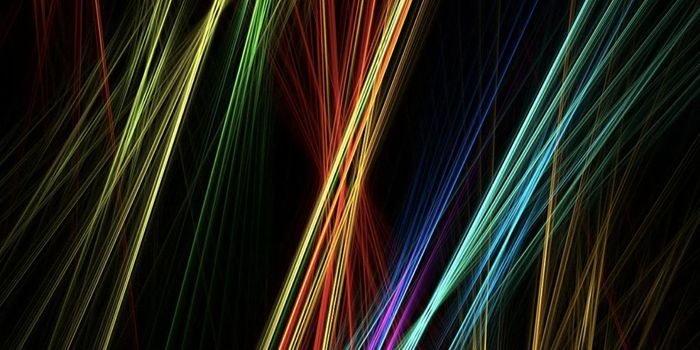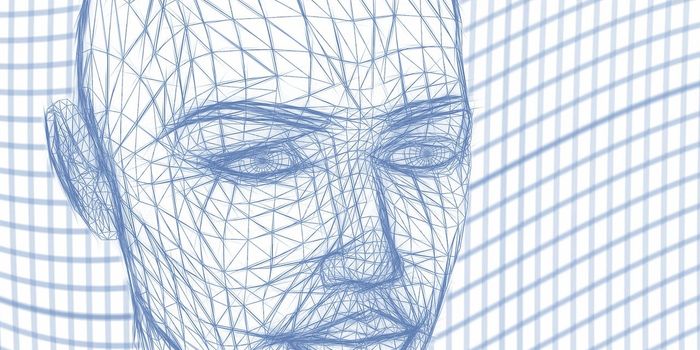Can Loneliness Affect The Brain?
Loneliness might not seem like a medical problem, but it can impact overall health, as well as brain health. Stress from feeling disconnected and alone can result in depression, anxiety and even cardiovascular troubles like high blood pressure, stroke, and heart disease.
Health insurance giant Cigna studied the issue using a well-respected survey, the UCLA Loneliness Scale. The scale asks patients questions that are about well-being, social interaction, and relationships and then rates the answers. Anything higher than a 43 on the scale is deemed as loneliness.
The Cigna survey covered more than 20,000 adults in the United States, over the age of 18. The findings point to a pretty severe problem for many people. of more than 20,000 U.S. adults ages 18 years and older revealed some alarming findings. Some of the numbers are much higher than what researchers expected. When asked how often participants felt alone, 46% said "always" or "sometimes" When the questions asked about feeling left out, the rate was nearly the same, 47% reported sometimes or always feeling left out or excluded. As for feeling that others understand them, one in four Americans said "rarely" or "never" when asked if the people they know understand them or realize how they feel.
Loneliness can come about even when people have partners, whether married or not. When asked about their relationships, 43% of respondents said that they sometimes or always feel that their relationships are not "meaningful." The same percentage of participants said they sometimes or always felt isolated from others, even those closest to them.
While Americans who live with others are somewhat less likely to experience loneliness, there was one exception. Single parents, who live with children reported more loneliness. The survey measured social interaction as well, such as in-person contact with friends and family or having extended conversations and "quality time." Surprisingly, only about 53% of Americans reported having this contact with others on a daily basis.
David M. Cordani, president and chief executive officer of Cigna stated, "We view a person's physical, mental and social health as being entirely connected. It's for this reason that we regularly examine the physical, mental and social needs of our people and the communities they live in. In analyzing this closely, we're seeing a lack of human connection, which ultimately leads to a lack of vitality – or a disconnect between mind and body. We must change this trend by reframing the conversation to be about ‘mental wellness' and ‘vitality' to speak to our mental-physical connection. When the mind and body are treated as one, we see powerful results."
Respondents between the ages of 18 and 22, sometimes called "Generation Z" had the distinction of being the loneliest group and also reported more health issues than older people. Social media is often blamed for feelings of loneliness since the perception is that more time spent online means less in-person experiences and relationships, but the study found there was no significant difference in loneliness scores between those who reported heavy use of social media and those who never used social media. Check out the video below to learn more about the effect loneliness can have on mental and physical health.









